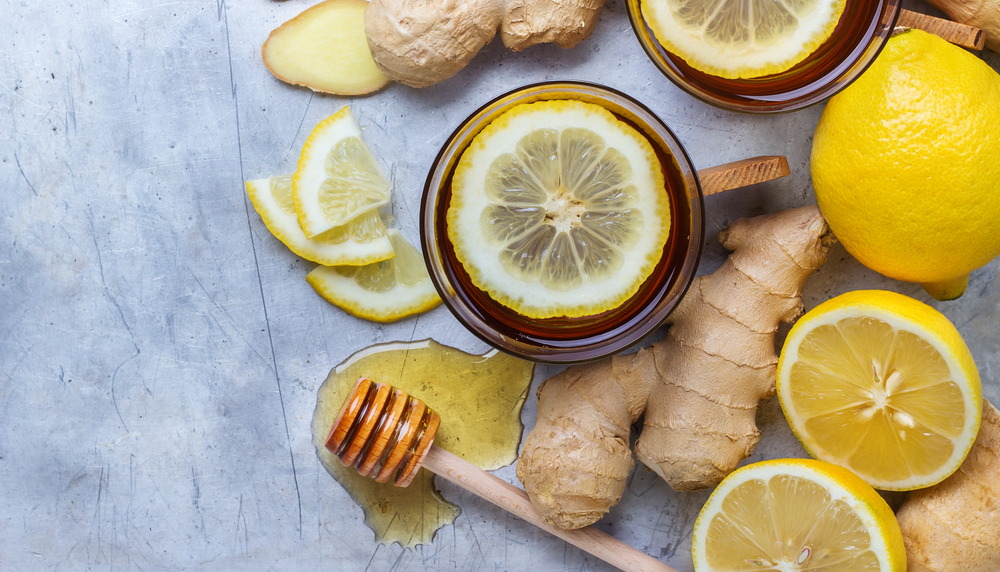As the climate cools, we think about ways to help ward off colds and flu this winter. To help, Kiwiherb’s founder Phil Rasmussen offers his tips about how best to stock your winter medicine cabinet.
Words: Phil Rasmussen & Emily Bell
Recently a new law change meant that most cough medicines have vanished from the shelves in supermarkets and pharmacies because the ingredients have been shown to be highly susceptible to abuse. This paves the way for natural remedies, once an alternate option but now with the potential to be in the lead. As they do not require a prescription, they are easier to get hold of and provide effective relief without putting what can be serious drugs into your body.
Kiwiherb’s founder, World renowned pharmacist Phil Rasmussen gives us an insight about how to treat a cold naturally and effectively this winter.
“Whilst there are a plethora of drug-based products available in the “Cough and Cold” sections in pharmacies, these can produce unwanted adverse effects, and so a growing number of us are instead seeking wellness solutions provided by nature. Humans have been making, and using medicines from plants since time immemorial, yet drugs (single chemical entities) have been around for less than 100 years. Therefore a good place to start when considering winter remedies to put into your medicine cabinet this winter, are herbal remedies that have long been used against infections such as colds and flu.
Warming spices such as ginger, peppermint, elderflower and horseradish have long been held in high regard for their warming and decongestant effects, and a convincing amount of scientific research now supports their traditional applications. Ginger is a particular star, having antiviral, antibacterial and anti-inflammatory actions that can help fight upper respiratory tract infections. Leaves of our native Kawakawa (Peppertree), have some similar properties, making it another excellent choice for colds, coughs & upper respiratory tract problems. Kawakawa combines well with ginger, peppermint and honey to make a pleasant tasting and warming drink, and products containing these herbs are available, perfect for those cold winters’ days. As with most herbal winter remedies, dosing with or drinking them can be done several times daily when you have a cold, or just once daily as a preventive winter tonic.
For nasal congestion and the feeling of being all stuffed up, there are other herbal products and solutions available. Elderflower is a wonderful decongestant and anti-inflammatory herb, and when combined with Peppermint and the mucous membrane tonic Ribwort, it helps clear and relieve inflamed sinuses and nasal passages.
For a sore throat or cough, key herbs are Thyme (Thymus vulgaris), Hyssop, Elecampane, and Mullein. Other herbs that directly support the tissues in the throat, sinuses and lungs, and have a gentle expectorant action are also of benefit to help resist infection. These include Marshmallow (Althaea officinalis), Mullein and Liquorice, and are especially indicated for those prone to coughs and chest infections.
One of the best treatments for coughs in children, is honey. A recent scientific review found honey to be as effective or in some cases, more effective than some common pharmaceutical cough medicines including those based upon the drugs dextromethorphan or diphenhydramine, for relieving coughs in children. As with all medicines, however, taking sufficient but not excessive doses, and making them acceptable to the more sensitive taste buds of children and infants, is important to help them get over those winter colds. Using a product that has been specifically formulated for children, is thus advantageous.
Finally, supporting and strengthening our immune systems is something that natural foods and plant-based preparations are very good at, and the stand-out herb in this regard, is Echinacea. An attractive plant much loved by bees and butterflies, preparations made from Echinacea root were used traditionally by North American Indians and early American doctors prior to the discovery of antibiotics, for their infection fighting and anti-inflammatory effects.
The higher levels of active tongue-tingling compounds known as alkylamides found in much higher levels in the root rather than other parts of the Echinacea plant, and products standardised for these components, makes them particularly desirable as members of your medicines cabinet this winter.
Finally, it is worth considering products made using locally rather than overseas grown ingredients. Choosing these products doesn’t just help support the fledgling local herb growing industry and our economy. New Zealand produces some of the best quality herbs in the world, and by using locally grown ingredients, manufacturers can reduce the “carbon footprint” of their operations, whilst having better control over the quality of their products.
As the temperatures drop we start to think about ways to help ward off colds and flu over winter, and keep ourselves and our families well.”
Find out more and browse Kiwiherb’s winter wellness range here







